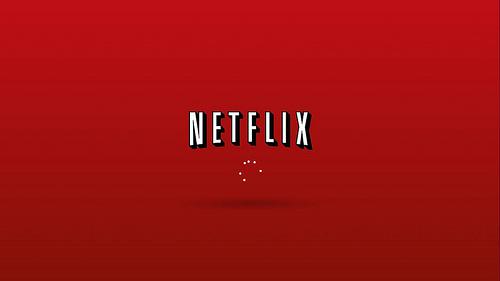
Although we don't believe in timing the market or panicking over daily movements, we do like to keep an eye on market changes -- just in case they're material to our investing thesis.
Stocks achieved their first up day of 2014 on Thursday, as the S&P 500 and the narrower Dow Jones Industrial Average (^DJI 0.84%) both rose 0.6% on Tuesday.
Morgan Stanley downgraded Twitter (TWTR +0.00%) on Monday and it took aim at another tech darling today, downgrading Netflix (NFLX 0.13%) to "underweight" (analyst jargon for "sell"), which caused the stock to fall nearly 6%. Shares of Netflix quadrupled last year, making them the best-performing shares in the S&P 500 and the Nasdaq-100. After a run like that, it makes sense for analysts to revisit their assumptions and outlook -- investors ought to be doing the same.
Indeed, that remains a useful exercise; even after today's decline, the stock is valued at over a hundred times the next 12 months' earnings-per-share estimate. That advice goes double for Twitter, which won't even have (positive) forward earnings for some time yet, but sports a market capitalization equal to 34 times the next 12 months' revenue estimate.
But while Twitter quickly looks like an open-and-shut case of overvaluation, Netflix is more intriguing. Morgan Stanley's concern is that the streaming video service faces increasing competition from the likes of Amazon Prime Instant Video, HBO Go, and Hulu Plus, which could put pressure on U.S. subscriber growth and raise the cost of acquiring new content.
Furthermore, the analysts believe that "the market is starting to price in more than 60 million domestic subscriptions over the long term, which we think is a stretch." The midpoint of Netflix's guidance range for the fourth quarter for total members is 33.1 million. Morgan Stanley now expects 5.2 million net additions this year, down from 5.5 million previously, and they seem to suggest that even their new estimate is aggressive, writing:
Even if Netflix's churn levels fall to record lows, we estimate that over 48MM out of 92MM residential broadband households (~53%) would need to watch Netflix over the next 12 months to meet our 2014E domestic sub forecast of 39MM.
As a subscriber to Netflix, Hulu Plus, and, most recently, Amazon Prime Instant Video, I can attest that the latter represents a genuine competitive threat because of its selection and the coupling with two-day shipping from Amazon.com. Hulu Plus, on the other hand, looks to me like more of a niche product for TV junkies, with a user experience that is much less enjoyable than Netflix. (For the same price, your viewing is interrupted by ads!)
For Netflix investors, is it "time to take some chips off the table," in the words of Carl Icahn, who sold more than half his Netflix position in October? The stock is almost certainly overvalued -- CEO Reed Hastings said as much when the company announced its third-quarter earnings in October, with the stock near its current price.
That need not be a concern for shareholders, assuming they have already achieved a significant return on the shares and they expect to hold them for several years longer (at least five, preferably.) If, on the other hand, you're just getting into the shares now, hoping that last year's momentum will persist in 2014, you may want to re-examine your goal and your assumptions.
